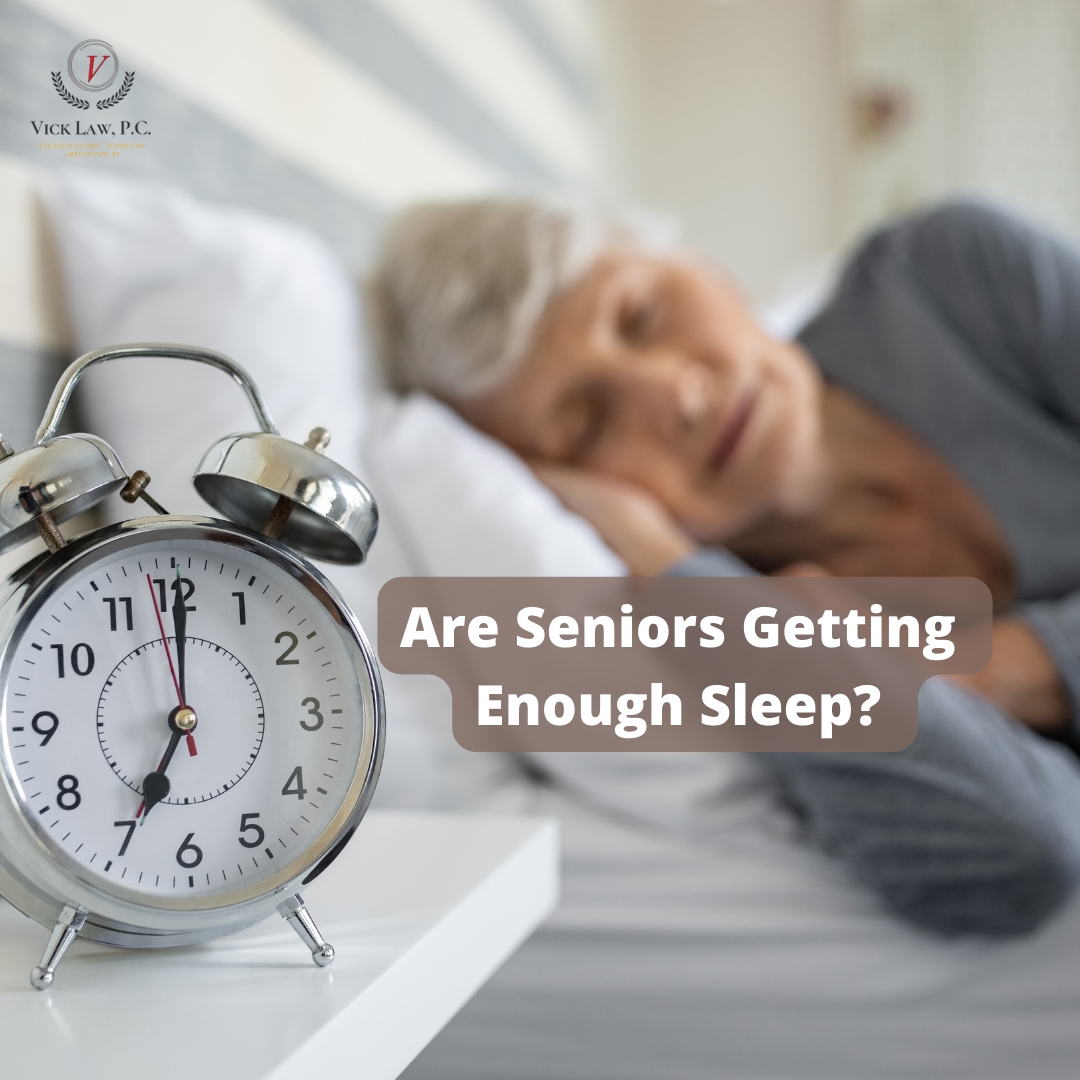How much sleep do seniors need? One of the biggest changes we go through as we get older is to our circadian rhythm, or body clock. As we age, we gradually shift toward falling asleep earlier and waking up earlier in the morning. Age-related conditions, like restless leg syndrome, arthritis and a more active bladder, can keep a person awake or prevent them from getting comfortable enough to sleep soundly. Less exercise means seniors aren’t exhausted enough to fall asleep easily.
Medicare Advantage’s recent article entitled “Seniors and Sleep: How Much Sleep You Need and How You Can Get It” reports that seniors have different needs when it comes to diet, exercise and other lifestyle habits. Therefore, it seems logical that you might also need a different amount of sleep as you get older.
The National Sleep Foundation states that older adults (age 65 and older) need between seven and eight hours of sleep per day. This number is about the same as the recommended amount of sleep for adults aged 18 and up (seven to nine hours). Seniors need the same amount of sleep as other adults, but not many are getting that amount of sleep. Researchers note that half of seniors suffer from insomnia.
What Impacts Sleep?
Several factors can impact the quantity and quality of senior sleep.
- Less time spent outside means less exposure to the sunlight, which confuses the body about day and night and disturbs its sleep cycle. Stress related to finances, health, grief, or other issues faced by older adults can make it tough to fall asleep.
- The American Academy of Sleep Medicine reports that 13% of men and 36% of women over age 65 take 30 minutes or longer to fall asleep. Falling asleep is only half the battle. Seniors tend to sleep less deeply, with less time spent in REM sleep that is vital to a healthy night’s sleep.
- Medications can also cause increased heart rates and alertness, making it hard to doze off.
- Snoring, which becomes more prevalent in old age, can also wake up the person snoring or prevent a spouse in the same room from falling asleep.
- Napping in the afternoon can also recharge your battery. However, it can also make it harder to fall asleep at night.
Getting enough sleep is critical to your health. Take time this week to see what impacts your sleep.
Reference: Medicare Advantage (Nov. 17, 2021) “Seniors and Sleep: How Much Sleep You Need and How You Can Get It”


